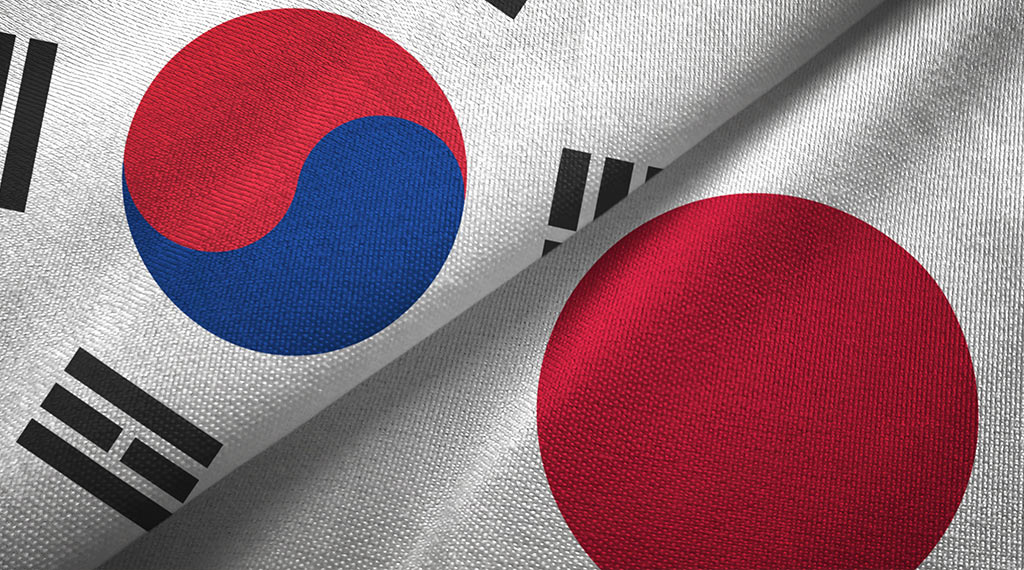
For years, American diplomats and military leaders have been asking the South Koreans and the Japanese, “Can’t we all just get along?”
The logic is clear: If the three worked together, at least militarily, it would greatly complicate life for those in North Korea and China who want to change the status quo.
And yet, there are still some who answer “no, we can’t get along” – including Lee Jae-myung, the ruling Democratic Party’s candidate in next year’s South Korean presidential election.
In a recent interview, Lee ruled out the possibility of a US-South Korea-Japan military alliance, explaining that South Korea “needs to be prepared in the event Japan’s dream of continental expansion erupts militarily.”
Yes, the animosity is real and deep. And each side thinks it is more aggrieved than the other. But there are also those on the outside who are working to stoke the embers of the past for their own aims. And, if it continues, the outcome could be disastrous for the people of all three now free countries.
The historical touchstone period is 1910-1945, when Japan colonized the Korean peninsula – although Koreans claim Japanese torment of Korea goes back much farther.
View from Tokyo
Japan feels it has made reparations and apologies – and has already (more than once) reached an agreement with South Korea on a “full and final” settlement of differences. Tokyo complains the Koreans keep asking for another apology.
Tokyo is also irked that South Korean administrations periodically play the Japan card as a way of drumming up domestic political support.
- China Taking Taiwan Would Hurt US Interests Globally: Newsham - December 16, 2025
- China, Look at the Numbers: Japan Threatens Nobody - December 8, 2025
- Newsham Breaks Down Latest China–Japan Standoff Near Senkakus Islands - December 4, 2025
